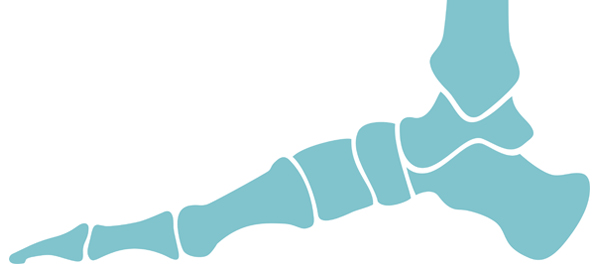In this week’s article we provide a roundup of some of the most recent health and nutrition related articles to be in the news, five items comprising:
- Screen-time linked to greater diabetes risk among children
- Vitamin D deficiency may indicate cardiovascular disease in overweight and obese children
- Doctor’s Diary: Can Omega-3 oils help fight depression?
- Mixed carotenoid supplements may help obese children
- High fibre diet ‘could prevent type 1 diabetes’
Last updated on 20th April 2017 by cytoffice



